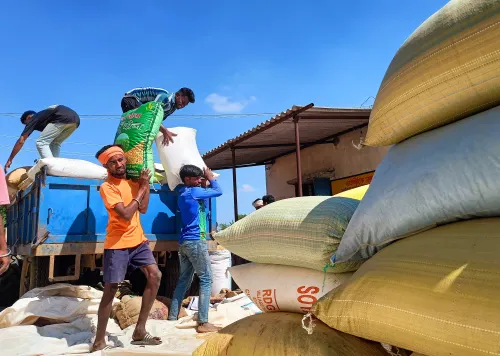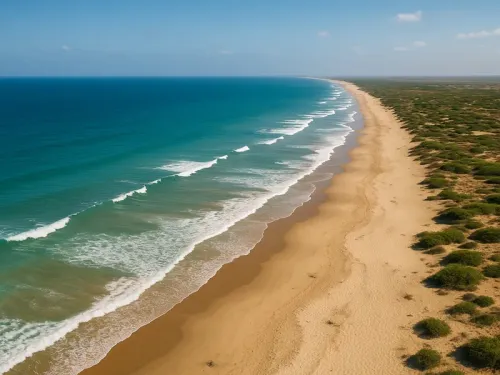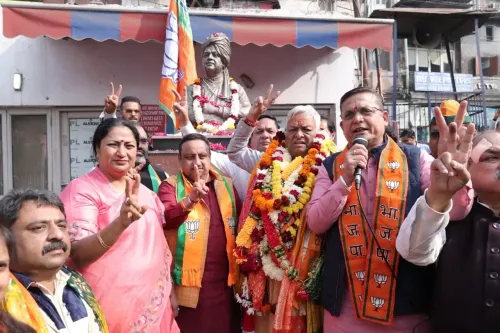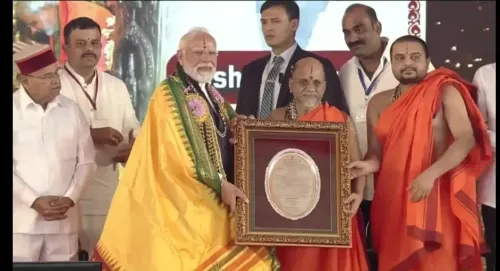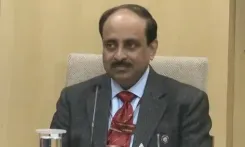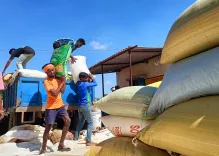Supreme Court Questions Indefinite Detention of Bangladeshi Immigrants
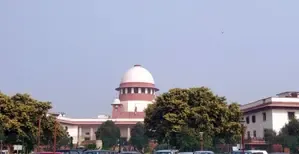
Synopsis
Key Takeaways
- Supreme Court challenges government on indefinite detention of illegal immigrants.
- Concern raised over additional nationality verification after conviction.
- Calcutta High Court highlighted the plight of detained individuals.
- Union government directed to report on current statistics of detainees.
- Next hearing scheduled for February 6.
New Delhi, Feb 3 (NationPress) The Supreme Court has requested the government to clarify the rationale behind the indefinite detention of numerous illegal Bangladeshi immigrants in camps after they have served their sentence under the Foreigners Act, 1946.
A panel of Justices J.B. Pardiwala and R Mahadevan also called for information regarding the current number of illegal immigrants in detention facilities following their convictions and completion of sentences under the Foreigners Act.
The Justice Pardiwala-led bench was deliberating whether a Bangladeshi illegal immigrant who has finished his sentence under Section 14A(b) of the Foreigners Act should be promptly repatriated or if he should remain in Indian correctional facilities indefinitely.
The apex court expressed its concern, stating, “The only confusion we have is that once an illegal immigrant is tried and convicted, what necessitates additional verification of his nationality by the Ministry of External Affairs?”
This issue was brought to the forefront when the Calcutta High Court took suo moto cognizance after receiving a letter addressed to the Chief Justice regarding the unfortunate circumstances of Bangladeshi illegal immigrants who, after being convicted under the Foreigners Act, continue to be confined in correctional homes.
The Supreme Court noted that despite the case being transferred to it, “almost 12 years have elapsed, yet there has been no significant advancement.”
In 2009, the Union Home Ministry issued a directive to the Chief Secretaries of all state governments and Union Territories, stating that illegal immigrants should be held in detention centers until their nationality is confirmed.
The bench questioned the legality of this directive, asking, “Once a Bangladeshi illegal immigrant has been convicted, is it not evident that he is not an Indian citizen? What is the purpose of keeping hundreds of such individuals in detention facilities indefinitely?”
The court further inquired why another provision of the same circular, which mandates the completion of deportation and verification within 30 days, “is not being strictly adhered to.”
“We would like to know from West Bengal’s state government what role they play in this matter. Furthermore, we seek clarification from the Union of India regarding West Bengal's responsibilities in such situations,” it added.
The Supreme Court emphasized that the Union government “must provide answers” to all the questions raised and granted one final opportunity for both the Union and West Bengal governments to submit their positions through an appropriate report or affidavit addressing all relevant issues.
Asking the Centre to provide updated statistics, the SC stated, “At the time the petition was lodged, there were approximately 850 illegal immigrants in correctional homes. We would like to know the current number in various detention facilities after their convictions and completion of sentences under the Foreigners Act.”
The case is scheduled for the next hearing on February 6.

